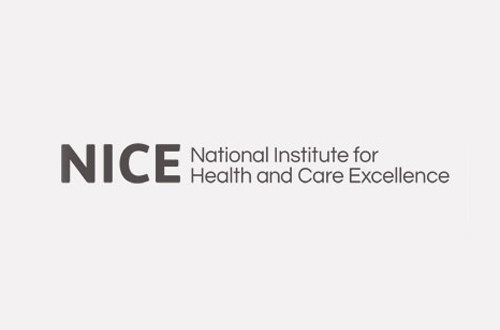
Leading doctors in the UK have asked the National Institute for Health and Care Excellence (NICE) to rethink plans to allow prescribing of statins to be prescribed to more people.
Plans released by NICE would lower the threshold for NHS patients in England and Wales to start taking statins, swelling the number of people taking them from around 7 million to 12 million. However, this plan risks effectively ‘medicalising’ healthy people, say the doctors in an open letter (PDF) to the agency and health secretary Jeremy Hunt.
The signatories include Sir Richard Thompson, president of the Royal College of Physicians, as well as former chair of the Royal College of General Practitioners Clare Gerada.
NICE proposed in February to lower the threshold for statin prescribing for people with a 20 per cent risk of developing cardiovascular disease (CVD) over 10 years to those with a 10 per cent risk, saying that its decision was prompted by the clear clinical benefits of statins as well as the availability of cheap generic versions of Pfizer’s Lipitor (atorvastatin).
Among the criticisms detailed in the letter are that NICE is overly influenced by industry-sponsored trials that underestimate the adverse effects of statin therapy. It also cites a survey carried out by Pulse magazine which suggests 57 per cent of GPs oppose the plan while 25 per cent support it, and says eight of the 12 members of NICE’s independent committee of experts ” have direct financial ties to the pharmaceutical companies that manufacture statins.”
In a statement responding to the criticism, Prof Mark Baker, director of the Centre for Clinical Practice at NICE, said the statin proposals “are intended to prevent many lives being destroyed,” adding there is “no credible argument against their safety and clinical effectiveness for use in people with a 10 per cent risk over 10 years”.
The draft guidelines are being “independently peer reviewed to ensure they are reliable and evidence-based,” he stressed and have been developed by “clinicians, patients and others with the skills necessary to help interpret sometimes complex data… none of [whom] have put their names to the recommendations to make money for themselves”.
NICE also says its guidance is in line with other national recommendations, including those of the American College of Cardiology and the American Heart Association, which chose to update their guidelines at the end of 2013 to cover twice as many people in the US.




